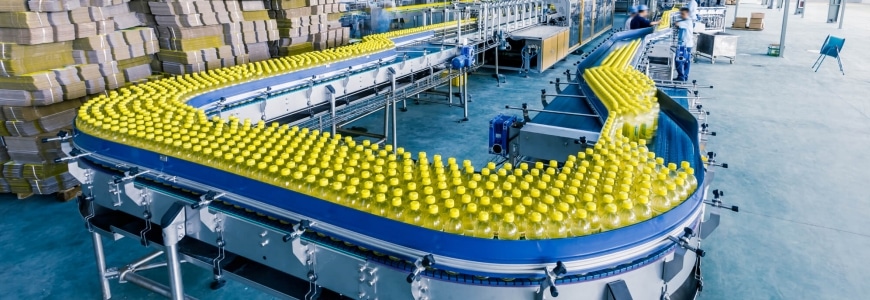The Bill of Materials (BOM) is a comprehensive inventory of the raw materials, assemblies, subassemblies, parts and components, as well as the quantities of each, needed to manufacture a product or construct a piece of equipment. From an operational standpoint, both BOM versions are equally as important, but too many manufacturing companies don’t give both equal attention, and their downtime is impacted as a result. An equipment BOM is a vital tool that can be used to maximize efficiency and profits. It all starts with focusing on the equipment’s critical assets, these assets will ensure that the most important parts are available when needed and are included in the maintenance plan.
In a perfect maintenance and reliability world, all parts for every asset would be on the shelf in mint perfect condition, ready for immediate use. In a perfect financial world, the storeroom would be empty and obsolete, as equipment would have an endless life cycle and require no maintenance or repair. Unfortunately, this is not the case, and a BOM is needed to maximize efficiency at a manufacturing plant.
Every organization dreams of making the transition from a reactive maintenance approach to a planned or precision maintenance strategy, but in reality, a lack of departmental coordination usually acts as a road block in the transition process. Maintenance, reliability groups, finance, procurement, and storeroom operations must work together to determine the most optimal maintenance and stockroom strategies. Although few companies have the internal resources and expertise to achieve this goal, understanding the impact that complete BOMs have on an operation is critical in creating a case for change.
Here’s How BOM Management Can Benefit Your Plant:
- Having the appropriate parts on hand will prevent the reuse of worn parts, reducing the equipment’s chance of breakdown. Pressure to keep equipment running is constant but using worn out parts isn’t the answer. Having new parts readily available will ensure higher quality repairs, and in turn will reduce repeat failures and increase uptime. For maximum efficiency, be sure to follow best practices and log your repair history.
- A comprehensive BOM can help technicians rebuild equipment more reliably and rapidly. The faster they rebuild the equipment, the sooner the plant can resume production and keep profits moving upward.
- Proper BOM research often produces accurate equipment documentation as well as provides technicians with exploded-view drawings, installation manuals, and other valuable information that allows them to do the most thorough job possible.
- Collaborating with suppliers on BOMs often uncovers information related to available equipment improvements and upgrades. Working with suppliers can also lead to improvements in supply availability and delivery as well.
- Having parts on-hand reduces downtime and production loss. The avoidance of a single missing part on a major breakdown can fund the majority of a BOM build project for the entire facility.
- Having complete BOMs can build confidence in your maintenance departments, allowing them to repair more equipment in-house, thus reducing your repair costs.
- A complete BOM will reveal which items are non-critical and can be set up as non-stock. Having this information already in the CMMS system dramatically reduces the time it takes to order parts. It also allows your planners, engineers, and technicians to focus more attention on other profit driving initiatives.
- The BOM build process strengthens relationships with suppliers and promotes standardization, upgrades, and OEM commercialization.
A maintenance and reliability department without an equipment BOM is like a chef with no recipe. Sure, the chef can still cook a meal, but without an ingredient list and measurements, there is bound to be issues with efficiency, consistency and waste. Accurate data is the critical recipe for any maintenance and reliability program, but capturing and maintaining all that data is cumbersome and requires resources and experience. Our experts can show you how BOM Management will ensure you have the mission-critical spares you need, when you need them most.





